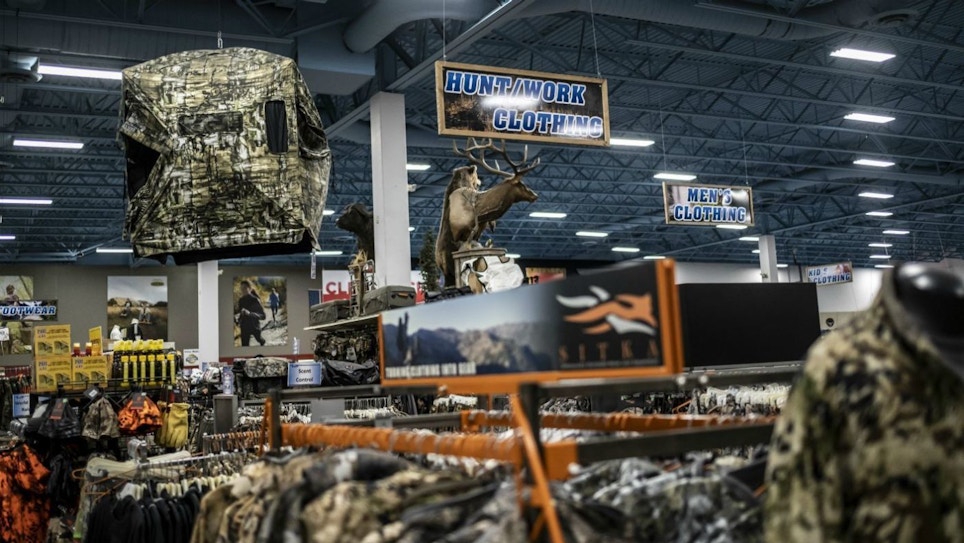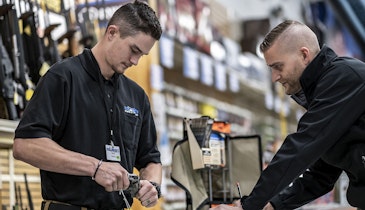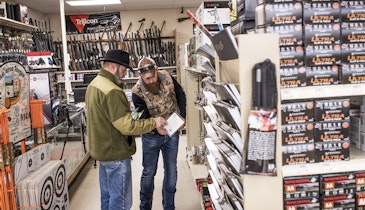Heraclitus, a Greek philosopher who lived around 500 B.C., once famously said, “Change is the only constant in life.” Plato later interpreted this comment to mean that “everything moves on and nothing is at rest; and, comparing existing things to the flow of a river, you cannot step into the same river twice.”
Helmuth von Moltke the Elder, Prussian Army Chief of Staff from 1857-88, once said, “The tactical result of an engagement forms the base for new strategic decisions, because victory or defeat in battle changes the situation to such a degree that no human acumen is able to see beyond the first battle. In this sense, one should understand Napoleon’s saying: ‘I have never had a plan of operations.’ Therefore, no plan of operations extends with any certainty beyond the first contact with a hostile force.”
Are the words of these two men not especially true in modern business?
For small business owners in today’s high-tech world, change — often unanticipated, always disruptive — comes both constantly and rapidly. For example, when mega-distributor SportCo Holdings — parent company of, among others, Ellet Brothers and United Sporting Co. — filed for Chapter 11 bankruptcy last June, it was a seminal moment for many gun and hunting retailers.
Other disruptive forces to the business environment of the past few years include Bass Pro Shops’ acquisition of Cabela’s, Gander Mountain’s bankruptcy, and major environmental issues such as devastating hurricanes and floods, massive wildfires in the West, and even warm-weather winters that slowed waterfowl migrations. Of course, the COVID-19 pandemic we currently face is challenging hunting retailers like nothing ever experienced before.
Add to that a continued decline in hunting license purchases, population increases into open spaces that reduce the available acreage open to hunters, and the difficulty of obtaining tags to hunt popular species in most western states, and it doesn’t take a great visionary to see that more change is on the horizon.
What von Moltke understood was the enormous size of modern armies made it impossible for a single leader to control every detail of their force’s tactics. Therefore, mid-level commanders would have to be trusted to act independently to accomplish the overall mission. The leader provided overall mission strategy instead of detailed tactical plans. He favored independent thinking and decentralized leadership over unquestioned execution of a top-down plan.
In business, this same philosophy is often referred to as purpose coherence. In the past and today, purpose coherence allowed generals the flexibility to contextualize battle plans to the local situation while staying aligned with the overall campaign’s objectives. The coherence helped armies stay on the same page when Plan A inevitably failed. In business, an adaptive organization accomplishes its purpose by using self-learning and remaining nimble to be able to adapt to its unique position in an ever-changing business environment.
How Does This Affect Your Business?
If you’ve been in business longer than millennials have been alive, think back to how it used to be. Businesses operated completely differently before the internet, smartphones and social media became the norm. The younger generation has never known a world without these things. How you market your business is vastly different today. Social media replaced the Yellow Pages, having your own regularly updated website replaced a printed catalog, and the need to allow customers to shop, and buy, using their tablets and phones instead of physically coming to your shop is the new normal. However, one thing has not, and will not, ever change: the need to locate and identify new customers and bring them into the fold.
What has also not changed is the fact that people want to be part of a community of like-minded people. When I was growing up, we hung out at the local Western Auto store and told stories and drank soda and coffee in a corner of the store set up expressly for that purpose. Today, while that model may still apply, the community often meets, at least initially, in an online chat room or on a social media site.
Who is the customer of the future? It’s not the manufacturer or distributor of merchandise, but the actual end-user of the product. More importantly, it is the end-user with the financial wherewithal to purchase the product or service you’re selling. One of the problems with social media, it seems, is that it is populated with a lot of highly opinionated people with little or no money to make a purchase.
The goal of any business in any industry is to create customers for life. Nowadays, technology and markets change rapidly. What is state-of-the-art today, in a few years will be old and unpopular. With base products such as bows, crossbows, rifles, optics, electronics and so on lasting decades or more instead of a year or three, providing services and accessories along with the opportunities to use these products will be a big key to sustainability. As a business owner, you must keep your eyes open and anticipate the inevitable changes coming down the road.
As Heraclitus said, the only constant is change. And as sure as the sun rises in the east, those retailers who put their business on auto pilot are certain to crash and burn. As a good friend who is a trainer for the Arizona Cardinals football team once told me about his athletes, “Every day, you’re either getting stronger and faster, or you’re falling behind. There’s no such thing as staying the same.”
How do you adapt to the ever-changing business environment? Is it by focusing on services rather than the “latest and greatest” new products? How do you market to the younger generation? Drop me a note at editor@grandviewoutdoors.com. I’d love to hear about it and share it with our readers.






